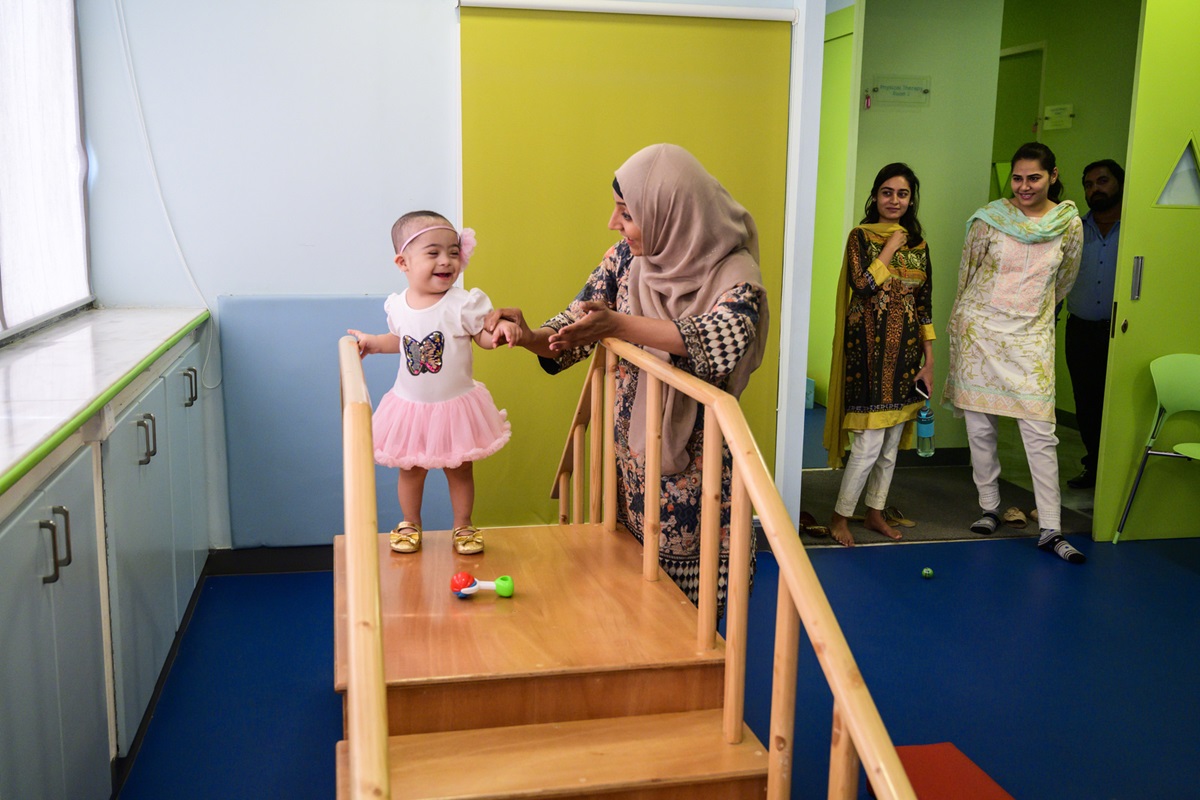Childhood disabilities are not a priority in the healthcare system, and in a recent paper published in the BMJ, Cieza and colleagues discuss why this needs to change.
First, the number of children with disabilities is increasing. More children are surviving, but not all of them are thriving. This article compares data from 1990 and 2019 to explore trends in the prevalence of many health conditions associated with higher levels of disability. Results show that population growth has significantly increased the number of children and adolescents living with disabilities, with conditions such as migraines, asthma, hearing impairments, and trauma exceeding 100 million cases among people under the age of 20. This means that more children need health services to optimize their functioning. Yet, most health systems are unable to address the current needs of children with disabilities, let alone meet the growing demand.
Second, children with disabilities often require specialized rehabilitation services related to their impairments and functional limitations. However, these interventions are often non-existent, underdeveloped, or under-resourced. When available, they are often expensive, not physically comprehensive, or only available in urban areas. This results in poor quality services, which are often questioned by children with disabilities and their parents.
Finally, the right to health care is a human right. Children with disabilities repeatedly face barriers to receiving health care and experience suffering, difficulty and isolation. The biggest obstacle they face is negative attitudes. Without change, these children will continue to be denied their right to services from health care providers.
Because of all these factors, disability must urgently have a higher priority on the child and adolescent health agenda. Moving forward, a shift in attitude and commitment from all stakeholders in the disability and health sectors is needed. Governments need to focus on primary health care and scale up service delivery. Rehabilitation services need to be expanded to reach all children in need. Countries must commit to prioritizing the most disadvantaged children in their society.
Read the full article: https://www.bmj.com/content/372/bmj.n9

